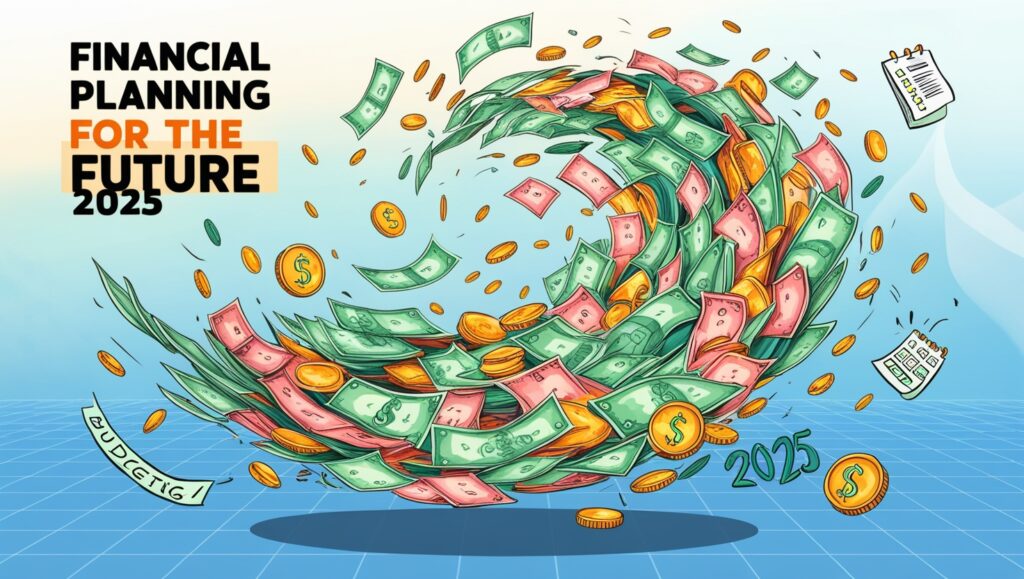Financial Planning for the Future: Budgeting and Saving Tips for 2025

As we approach 2025, economic uncertainty continues to shape financial markets and personal finance strategies. To ensure stability and growth in the coming year, it is essential to adopt sound financial planning practices. Here are practical tips to help you budget and save effectively in preparation for economic changes.
1. Review and Adjust Your Budget Regularly
Economic conditions fluctuate, and so should your budget. At least once a quarter, review your income and expenses. Identify areas where you can cut back and allocate more towards savings or investments. Consider using budgeting apps to track spending and stay organized.
2. Build an Emergency Fund
Having a robust emergency fund is crucial. Aim to save at least three to six months’ worth of living expenses. This fund acts as a financial cushion during unexpected situations such as job loss or medical emergencies.
3. Diversify Your Income Streams
Relying on a single source of income can be risky. Consider freelancing, starting a side business, or investing in stocks and real estate to create multiple income streams. Diversification helps mitigate the impact of economic downturns.
4. Reduce Unnecessary Debt
Prioritize paying off high-interest debt, such as credit cards. Reducing debt lowers financial stress and increases disposable income that can be redirected towards savings and investments.

5. Focus on Long-Term Investments
Economic volatility often impacts short-term investments. Focus on long-term options such as retirement accounts, index funds, and bonds. Consistent contributions, even during uncertain times, yield significant growth over time.
6. Stay Informed
Keep yourself updated on economic trends and financial news. Being aware of market changes allows you to make informed decisions and adjust your financial strategies accordingly.
7. Plan for Inflation
Inflation reduces the purchasing power of your money. Invest in assets that typically outpace inflation, such as real estate, commodities, and certain stocks. Additionally, consider cost-effective lifestyle adjustments to counter rising prices.
8. Set Realistic Financial Goals
Define clear, achievable financial goals for 2025 and beyond. Break these goals into short-term, medium-term, and long-term objectives. Having specific targets keeps you motivated and focused.
9. Seek Professional Advice
If you’re unsure about your financial plans, consult with a financial advisor. They can provide personalized advice tailored to your situation and help optimize your savings and investment strategies.
By implementing these financial planning tips, you’ll be better prepared to navigate economic changes in 2025 and secure a stable financial future.







